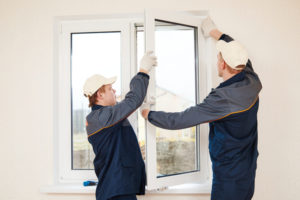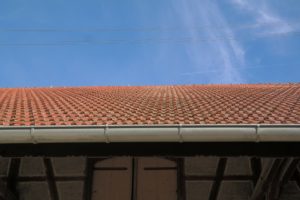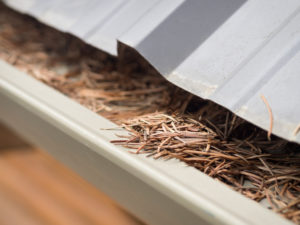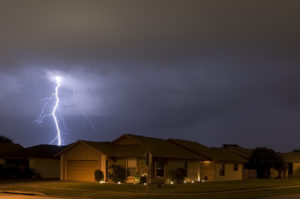
Avoid DIY Nightmares With Professional Installation
Some home renovation projects seem easy to do at first. You may feel confident

Some home renovation projects seem easy to do at first. You may feel confident

Although replacing a roof, windows or your HVAC system is a job best left

Allison Hester has been writing for the exterior cleaning industry for over 20 years,

The dog days of summer have arrived, and it’s hot outside. But what about

Sometimes it’s easy to know which home renovations to do. If your roof is

Dave Notte is the managing director at Shack Shine, a house detailing services company, specializing in

Reward programs are typically structured to provide some kind of savings to participants. The

People typically think of Gutter Helmet© as being most beneficial in the fall, since

A water leak could signify roof problems, but there are other causes for leaks

Home improvements aren’t free, are they? As much as we all wish you could

Renovating your home can be a major stressor on a marriage and family, according

Summer can be a time for severe weather, with risks of thunderstorms, tornadoes and